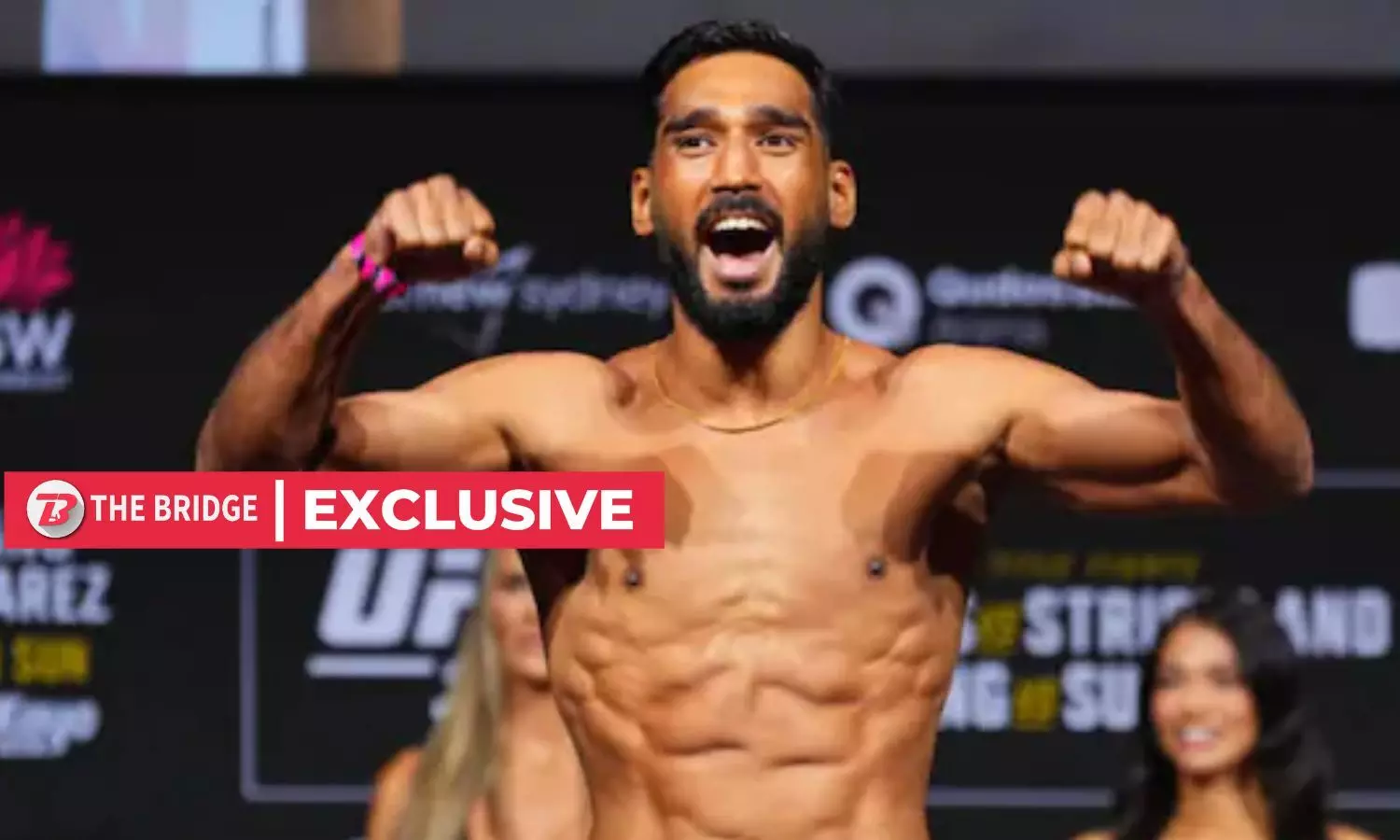MMA
'Financial struggles, dearth of coaches' – What ails Indian MMA?
MMA fighters struggle with a lack of a proper support system for the sport in India.

Anshul Jubli (Photo credit: UFC)
When Anshul Jubli stepped inside the UFC octagon last month, he carried the hopes and dreams of countless Indian MMA fans. The support he received before the fight against debutant Quillan Salkilld was unprecedented.
But when he was knocked out just 19 seconds into the bout, it felt as if the whole nation turned their backs on Jubli.
The sentiment, 'success is the only thing that matters' was loud and clear.
Unfortunately, this isn't just the case with Jubli – India's most recognisable face in MMA. Countless other fighters, who represent the country globally are subjected to heavy criticism and trolling when they lose.
However, the question to be asked is – Do these fighters deserve the trolls and hate they cope? Does India have what it takes to produce world-class MMA talent?
The answer to this question is subjective at best. Different people connected to the ecosystem have different opinions, but it’s safe to say the country lacks the facilities to develop this sport.
Lack of facilities
While fighters like Jubli conduct fight camps abroad, others don’t have this opportunity.
A veteran with over a decade of experience, Heman Wadekar is currently on a two-bout winning streak. The fighter from Indore received immense criticism last year when he lost to a fighter from Pakistan in Dubai.
"When I reached Dubai, the event was first postponed, and then preponed," Wadekar told The Bridge. "Also, when you fight in countries like Dubai, you need a good training camp.
"I was training in Delhi but since the fight got postponed, I had to return home since I did not have the financial resources to continue. I spent six weeks in Delhi, only for the fight to be postponed," the professional fighter added.
For the arm chair critics, Wadekar's struggles to get to Dubai did not matter. What mattered was the loss to Pakistan.
The situation is no different at the amateur level.
“I think the biggest challenge is that competitions both in and out of India are all self-sponsored," said Anjali B Gupta, a manager to countless amateur fighters in the country to this publication. "So in a way, only those who can afford it can go."
Dearth of coaches
Besides, there's also a dearth of good MMA coaches in India. It stands as a major hurdle in the rise of good fighters from the country.
A good coach can transform a promising amateur to a world class professional. But a majority of the coaches in the Indian MMA are those who have had success in other martial art forms like karate.
They do not understand the requirements of MMA, further holding young Indian fighters back.
"There are very few good coaches, who understand the game and can train others," said Gupta, who has been a fighter herself for nine years. "There is a phrase, or maybe I came up with it, ‘A good athlete doesn't necessarily make a good coach.'
"We have many coaches who are strong in say karate, or some other martial art, and assume MMA is straightforward, which isn’t the case anymore. In addition, I find that there isn’t enough focused training on things like conditioning, reflexes, etc," she added.
From dealing with politics at the grassroots level to struggling with their training, Indian fighters are most likely exhausted by the time they step inside the octagon.
Yet, they take that road because at the end of the day it is their passion, and for many, the only way to sustain themselves.
The Indian MMA landscape is at a nascent stage. It is still evolving.
There's still a lot to be done to help Indian fighters stand toe-to-toe with the best in the world. Online trolling and criticism isn't one of them.
